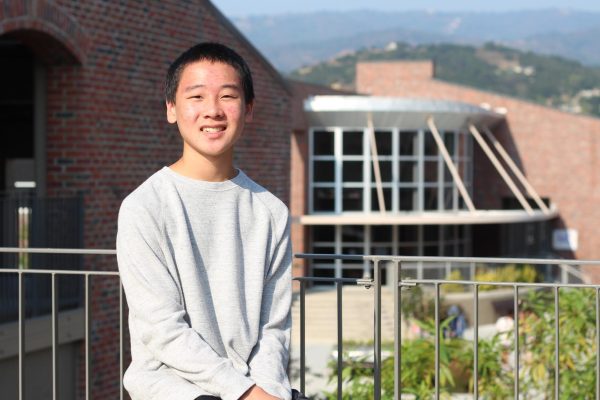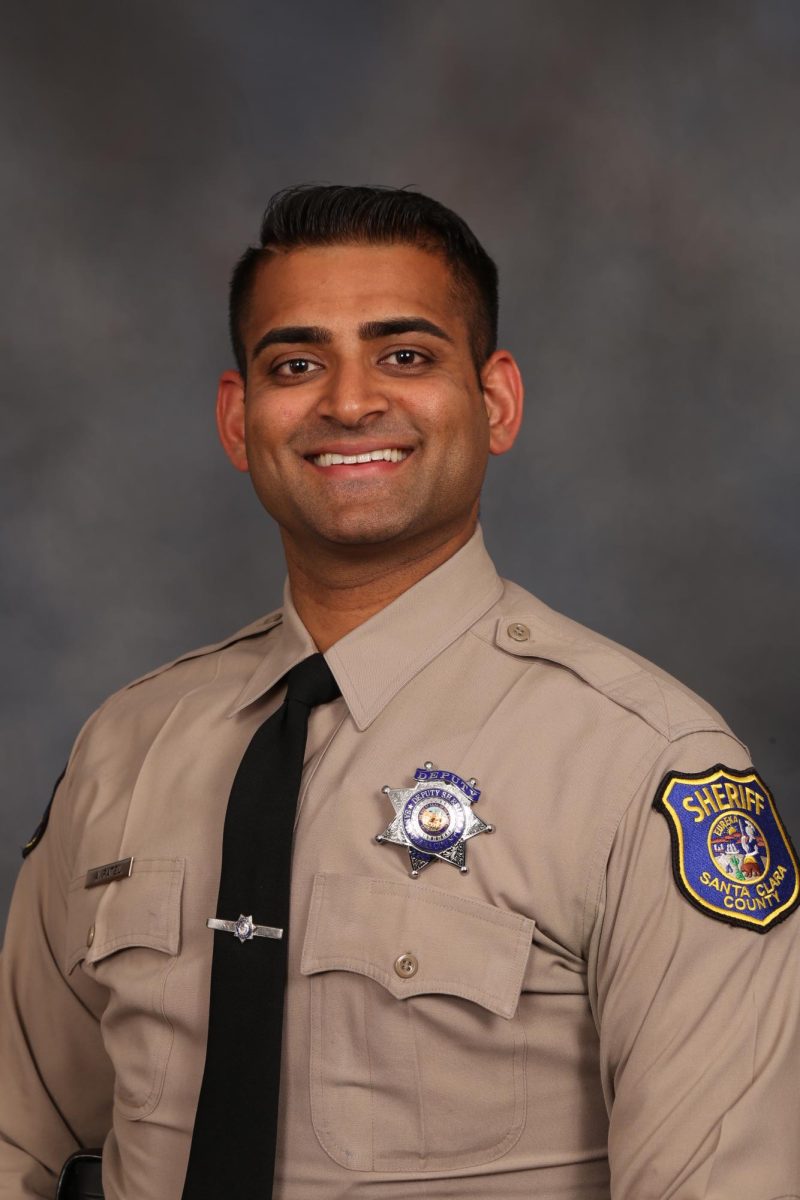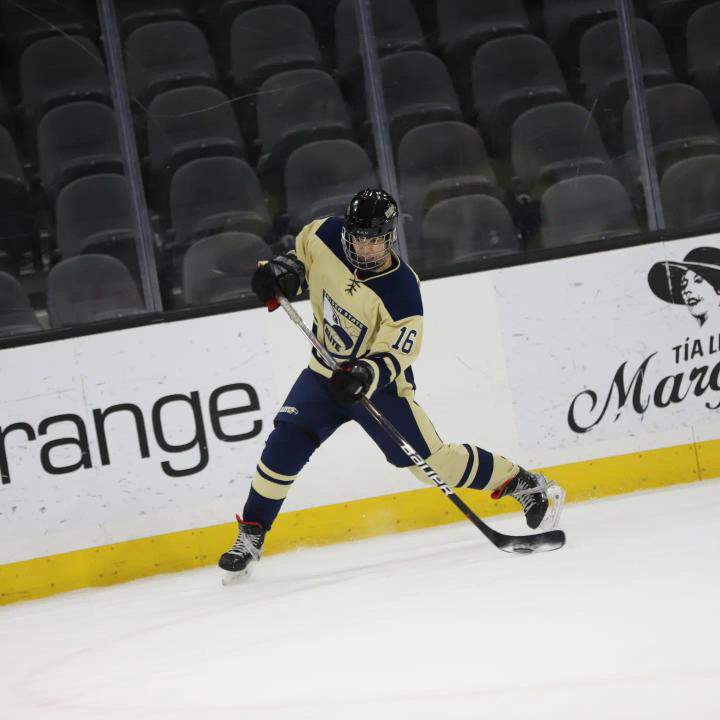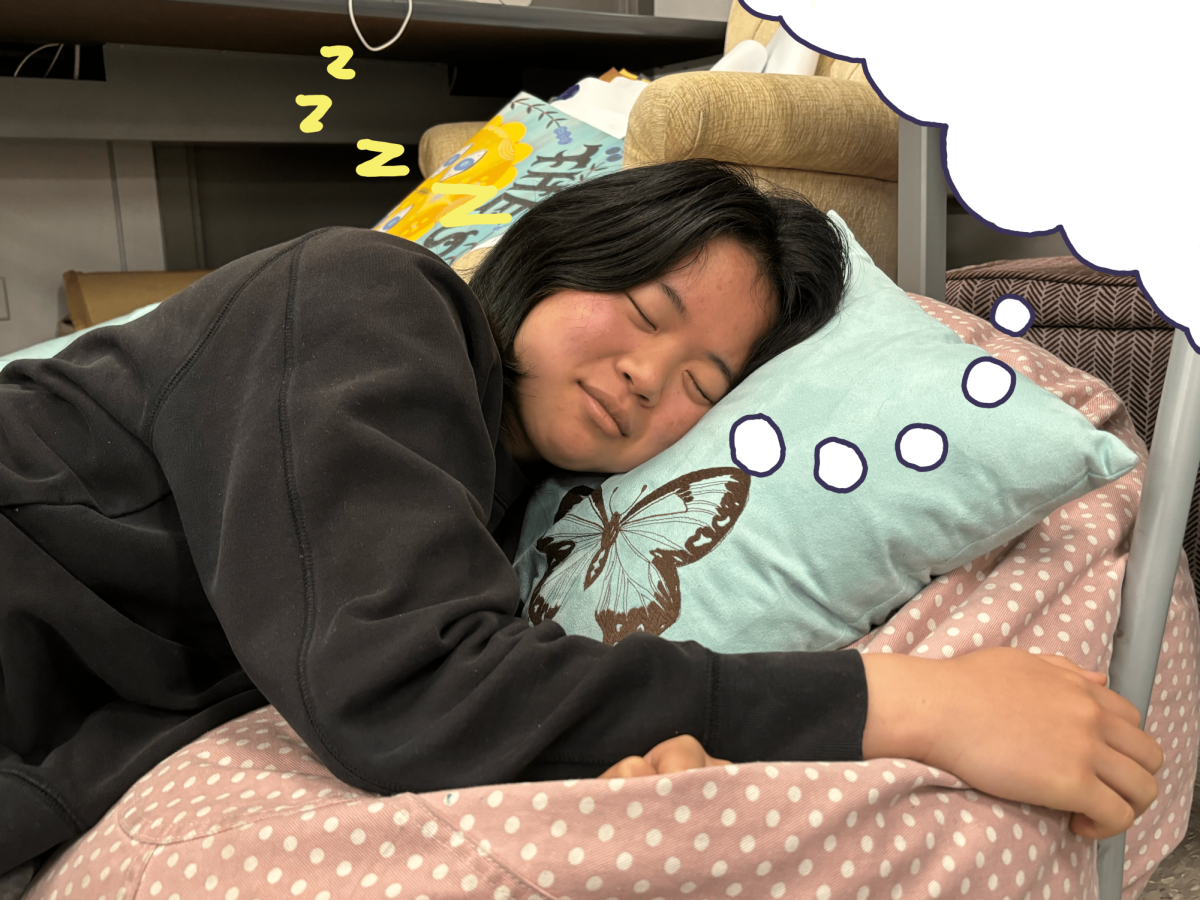BW: Hello, I’m Brandon Wang and today I’m here with sophomore and Antichess grandmaster Rajvansh Gupta. Today we’re going to be looking at his journey into Antichess and how he’s involved with the activity.
BW: So, what is Antichess?
RG: Antichess is essentially a variant of chess wherein you have to lose all your pieces in order to win the game. How this works is the opponent has to capture your pieces if he’s able to. However, if he has multiple choices and can capture multiple different pieces, it’s up to him which one he wants to capture.
RG: While this game may look stupid at the surface level, it actually involves complex layers of a variety of tactics, as represented by the more than 15,000 players who play this game. And yet, only 50 or so are at the Antichess Grandmaster or Super Grandmaster level.
BW: So when did you start doing Antichess?
RG: I started playing Antichess during COVID in 8th grade.
BW: How did you get into it?
RG: So during COVID, as we all know, COVID was a time where we were bored and sitting at home in front of our computer screens. I was just playing chess one day and I realized that the game was so long; the games would not end. And it was boring, you had to wait for the opponent to move their piece, and while it’s still fun it’s just a little bit too long and not as exciting. Each move does not matter as much. So I discovered the variant Antichess, where the games are much shorter and each move matters a lot more. While you can also win just by knowing a few basic tactics, to get to the really competitive level you have to master a variety of intricate tactics. While in chess, I didn’t see any variety of intricate tactics that everyone did not know about already.
BW: What tools did you use to get better at the game?
RG: So one tool that I really loved using was Stockfish analysis. I mean, I don’t believe in blandly memorizing moves; there are just too many moves, too many possible game variations. That’s not gonna take you to the very elite level. It can take you to a decently high level, but definitely not the very elite level. So what I’m trying to do is I often use Stockfish analysis to see what moves it does and then try to understand why it will tell you to do those moves. It all comes down to a few foundational core reasons and logic and using those you can actually figure out which moves to do even in drastically different scenarios.
BW: So what specifically do you like about Antichess?
RG: The short game times and the amount that each move matters. Each move matters a lot because even if you do one wrong move, it leads to a web of other moves wherein the opponent is forced to capture your pieces. And as this plays on, you can strategically set it up so that you can play one move and the opponent will be forced to take your entire board. While in chess, you don’t have to do any forced moves unless your king is specifically in check.
BW: What are some challenges that you think come with playing Antichess?
RG: Some challenges that I think have come with playing Antichess is first when you initially start playing the game, you may be overwhelmed by the differences from regular chess, and you may find it to be kind of stupid because it goes against what we believe to be the norm. The norm right now [in normal chess] is you want to attack and you want to capture. No one would think that losing your pieces could actually be fun and cool. However, I believe that it is just a human bias based on the activities that we have been involved in so far, which involved attacking, direct confrontations and winning. Antichess goes against this norm, but it has still proven to be quite fun and full of strategy.
BW: From what I understand, you are an Antichess Grandmaster. What does that mean, and what is the process for becoming a Grandmaster?
RG: Well to become an Antichess Grandmaster, recently the processes have been updated and what you need to do is have a rating of either more than 2500 or have four norms [tournament performances] wherein you get the rating of 2600 or more. This could be competitive, as I’ve mentioned previously, there are thousands of players playing Antichess. So to become an Antichess Grandmaster, you have to oftentimes play in competitions where you can actually face off against top-tier level players and learn from their strategy. And to do this, we have clubs such as the Antichess Federation Council, wherein we host tournaments organized specifically for 2200+ players, 2000+ players, those with already norms such as Antichess International Master, Antichess Master and Antichess Super Grandmasters even. There’s also the World Cup, which occurs every year, wherein you can get to play against players that are at the very elite level.
BW: So you mentioned something about the Antichess Federation. Can you elaborate more on how you’re involved with that?
RG: So there’s essentially, there’s a variety of clubs we see in Monta Vista, wherein people who are passionate about the same topic can go and join those clubs, they can interact with each other, learn from each other, and compete together. So the Antichess International Federation is kind of like the FIFA (Fédération Internationale de Football Association) in [Antichess] wherein we have the majority of Antichess players. Currently, I think we have 7,000 Antichess players who are involved within our club. And we host tournaments wherein all of these players can play as I previously mentioned and we organize the norm system where you have Antichess master, Antichess grandmaster. Furthermore, we have actually been hosting in-person tournaments in Amsterdam every year. And these tournaments have been a way for players to meet in person, get to know each other and learn more about the culture and community of those that we play against online, while never having the chance to actually get to know them.
BW: So how has Antichess affected your life, and how does it fit into your current life?
RG: I believe that Antichess has affected my life as I’ve been able to pursue something I enjoy like we all do. While I used to play soccer and other types of sports, they were interesting to me, but then eventually I couldn’t commit to being able to actually go outside and play them so much because sometimes there’s weather, sometimes there’s some types of sickness. During COVID, I just kind of stopped playing those [sports], so once I started discovering Antichess, the fact that it’s mostly about thinking and strategy is what truly appeals to me. It’s not about your physical power — what you’re attempting to do is have a series of complex maneuvers that eventually lead to your victory. And this is something that appeals to me so much just because of the fact that everyone’s on an equal playing field and there’s nothing to complain about. If someone has a physical advantage over you, that should not matter. So it’s affected my life as I’ve been able to participate in competitions in Antichess at an international level and achieve the Antichess grandmaster, which has given me something where I’m able to play at the elite level and continue growing in.
BW: What do you hope to do in the future in regards to Antichess?
RG: Well, in the future in regards to Antichess, I’m currently attempting to become an Antichess Super Grand Master, which I think should be attainable in the near future, perhaps within the next four or five months. But what I’m truly trying to focus on is the Antichess Federation Council. I feel like this game is such a powerful variant. The games are so much smaller, shorter and each move you get this feeling of intensity that’s so much higher than in chess. So I feel like if only more people knew that Antichess existed and would play it, they would realize how much more fun it is. So I believe Antichess has the potential to attract millions and millions of people who play this on a daily basis. And right now there’s only like 20,000, 30,000 people, right? So the potential for growth is immense. I’m trying to accomplish that growth through the Antichess Federation Council, planning on hosting events, perhaps fundraisers, just like community gatherings where we can get to know about this variant and play it.
BW: So how did you get involved with the Antichess Federation?
RG: When I first started playing Antichess, I noticed that there was an Antichess Federation which organized tournaments, and so I joined it because it was the one way where I could grow. When I first started playing Antichess, I was trying to grow, but it was hard, as I was like a 2100 player or like a 1900 player and there were so many players who were better than me. Fortunately, the community members were super nice and they offered to help me because they knew that I wanted to grow and they loved that. So that’s how I got into the Antichess Federation Council. It’s a place where I could interact with more of these people and they would help me out and we could just talk about strategy, position moves and positioning.
BW: What advice would you give people looking to get into Antichess?
RG: First, you should play some, just open up some challenges, just get to know the game, understand how it works, maybe just experiment with it a little bit. But then there’s a bunch of studies by really cool people like IiTheAruNiI, and you can open up their studies, get to know what kind of thinking process you should be having. But it all really comes down to just playing a few games and a few more games, and even more games,playing in tournaments, learning from others, and making the best of your mistakes.
BW: Is there anything else you want to add?
RG: No, I just really look forward to seeing more of you guys play Antichess in the near future.
BW: Thank you for being here, Rajvansh. It was really insightful to hear about your experiences and journey into Antichess and your goals for the future.
























